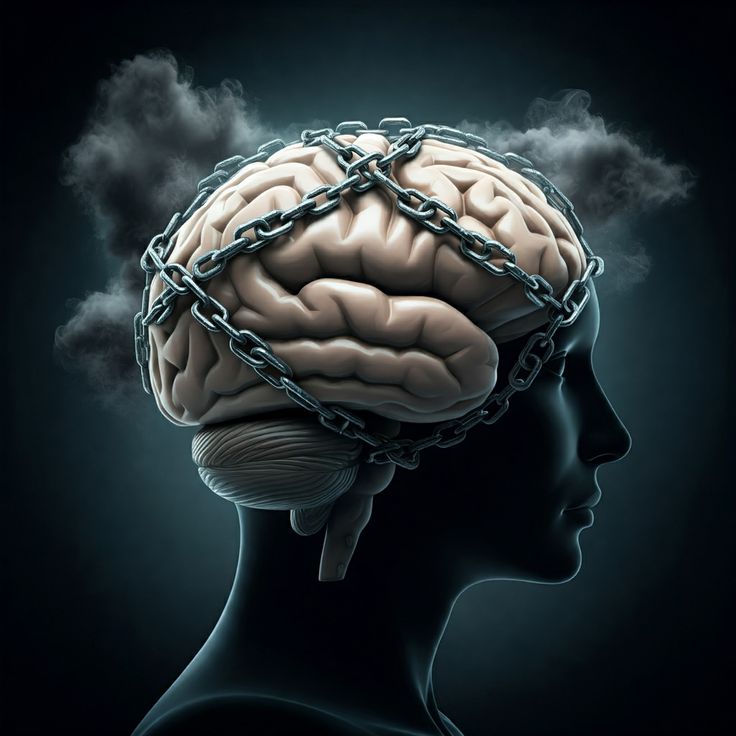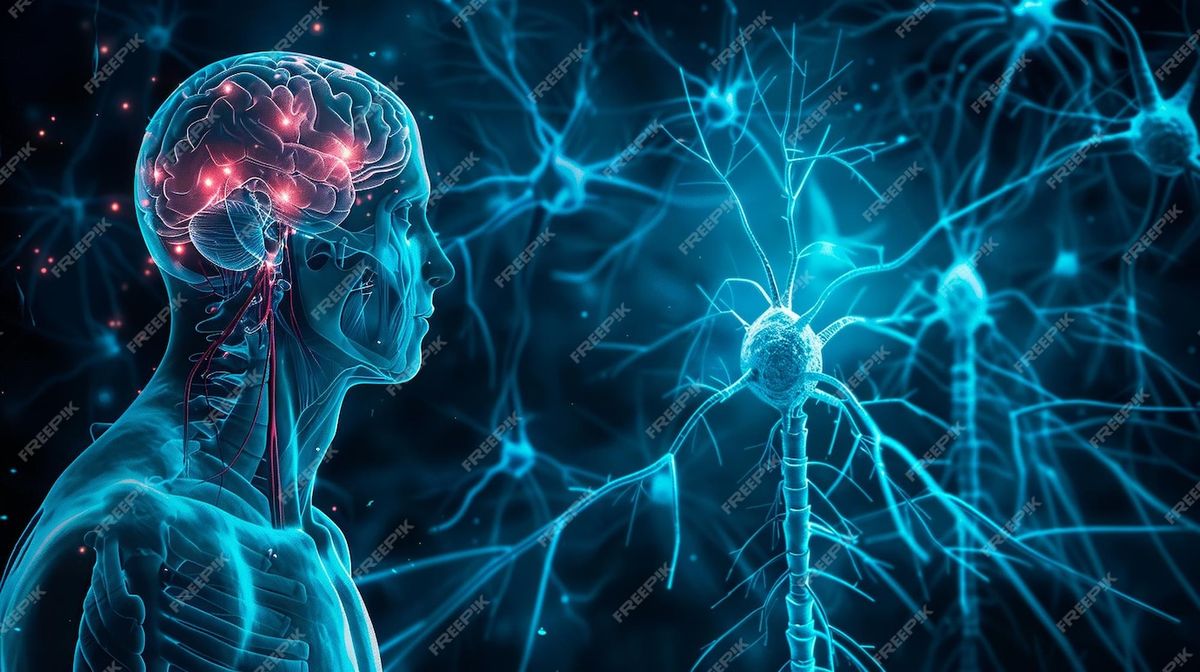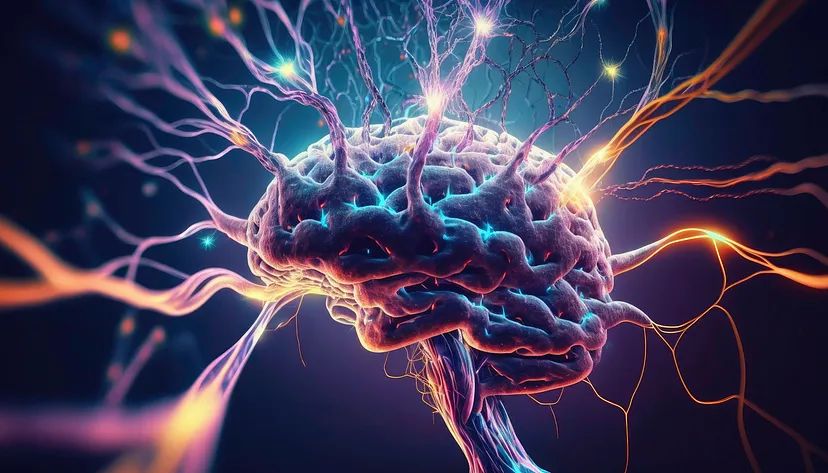The Silent Cognitive Crisis: Brain Complacency in the Age of AI

Introduction
Imagine waking up, asking your AI assistant to summarize the latest news, schedule your day, draft emails, and even suggest dinner recipes, all before you’ve had your first cup of coffee. Technology has made our lives undeniably convenient, but at what cost? While AI tools promise efficiency and productivity, they may also be quietly reshaping how we think, remember, and solve problems.
This creeping phenomenon is often called brain complacency, the tendency for our minds to become less engaged as we rely more on external tools. Closely linked is the concept of cognitive brain drain, where our mental effort, problem-solving capacity, and memory retention slowly migrate to machines instead of residing in our own minds.
As AI becomes an ever-present part of daily life, a pressing question emerges: Are we outsourcing too much of our thinking to artificial intelligence, and what does that mean for the future of human cognition?
AI and the Modern Mind
Artificial intelligence has woven itself into nearly every corner of modern life. From drafting essays and reports to performing complex calculations, making business decisions, or even guiding personal reflection, AI tools promise speed and efficiency. Students can generate research summaries without digging through books and journals. Business owners rely on AI for marketing strategies, customer insights, and problem-solving, often bypassing brainstorming sessions that once stretched critical thinking skills. Even individuals turn to AI for guidance in self-reflection, journaling, or meditation, outsourcing moments that traditionally nurtured introspection and mental resilience.

While these conveniences save time, they come with an unseen cost. Each task we delegate to AI is one fewer opportunity for our brains to exercise memory, analysis, or creative problem-solving. Over time, this reliance can subtly weaken cognitive abilities, dull analytical skills, and erode the mental endurance that comes from navigating challenges independently. In short, the more we let AI think for us, the less our brains are forced to work—and the higher the risk that our mental muscles will atrophy.
The danger lies not in AI itself, but in how we use it. When convenience becomes a habit, our dependency deepens, and our natural cognitive strengths—curiosity, imagination, and resilience—start to fade. Just as physical fitness requires regular exercise, mental fitness demands consistent challenges. Without actively engaging our minds, we risk raising a generation of passive thinkers, skilled at consuming ready-made answers but struggling to innovate or question the world around them.
How AI Contributes to Brain Complacency
AI has made life easier, but that ease can come at the expense of mental engagement. Here’s how:
1. Memory Outsourcing
Instead of remembering phone numbers, historical facts, or even basic calculations, many of us now turn to AI. Need a quick fact for a school assignment or a work presentation? A few keystrokes, and the answer appears instantly. Over time, relying on AI to store and recall information can weaken our ability to retain knowledge independently.
Example: A student no longer memorizes key historical dates because AI generates summaries instantly. The brain isn’t practicing recall, and the information fades from long-term memory.
2. Decision Outsourcing
AI-driven recommendations—from what to buy, which route to take, or even which stocks to invest in—reduce the need for personal judgment and critical thinking. Constantly following AI advice can dull our ability to weigh options, consider consequences, or develop sound decision-making strategies.
Example: A business owner lets AI create marketing strategies and pricing decisions without evaluating alternatives. While efficient, the owner misses the cognitive exercise of weighing pros, cons, and innovative approaches.
3. Creativity Outsourcing
AI can generate art, essays, music, and even code. While this is impressive, over-reliance risks stunting human creativity. When we let machines generate ideas for us, we miss opportunities to experiment, make mistakes, and discover novel solutions—processes essential for original thinking.
Example: An aspiring writer who uses AI to draft stories may produce content faster, but the subtle skill of weaving ideas, developing characters, and finding a unique voice begins to erode.
Ultimately, AI’s convenience is double-edged. It frees up time and energy but also quietly replaces the mental workouts our brains need to remain sharp, creative, and independent.
The Neuroscience Perspective
The human brain is remarkably adaptable, a trait neuroscientists call neuroplasticity. Neural pathways strengthen when repeatedly used and weaken when neglected—a principle summed up as “use it or lose it.” Every time we actively recall information, solve a problem, or generate ideas, we reinforce these pathways.

However, relying heavily on AI can lead to cognitive offloading, where mental tasks are delegated to machines instead of being performed by the brain. Over time, this reduces the engagement of neural circuits responsible for memory, analytical thinking, and problem-solving. Essentially, outsourcing thinking can cause certain areas of the brain to grow underused, weakening our mental agility.
Another subtle consequence is attention fragmentation. Frequent AI use encourages multitasking and quick-answer habits. Constantly jumping between tasks or consulting AI for immediate solutions can impair sustained focus and deep thinking, making it harder to tackle complex problems or engage in reflective thought.
In short, neuroscience suggests that while AI can augment our capabilities, over-reliance risks dulling the very cognitive functions that make us intelligent, creative, and resilient.
Real-World Implications
The cognitive consequences of AI reliance extend beyond individual habits—they ripple across society. For students, constant use of AI for research, essays, or problem-solving can weaken memory retention, analytical reasoning, and the ability to learn deeply. Professionals who lean on AI for decision-making or creative work may lose the edge that comes from critical evaluation and independent thought. Even knowledge workers risk trading mental rigor for efficiency, relying on algorithms to spot patterns or solve problems that once demanded human insight.
The societal implications are equally concerning. Innovation thrives on curiosity, experimentation, and the ability to notice subtle details that others might miss. When AI becomes a crutch, the human mind which is undeniably the ultimate source of creativity, is underutilized. Over-reliance on AI risks producing complacent thinkers rather than sharp innovators, potentially stalling progress in fields that demand originality, strategic insight, and nuanced judgment.
The pressing question then becomes: Is AI truly fulfilling its purpose as a tool to empower innovative minds, or are we letting it create a generation of thinkers too complacent to notice the tiniest detail? Humans must remain at the center of innovation, using AI to augment and not replace their cognitive abilities.
Striking a Balance
AI is a powerful tool, but like any tool, its value depends on how it is used. To prevent brain complacency and safeguard cognitive strength, mindful strategies are essential.
1. Active Learning Before Consulting AI
Before turning to AI for answers, challenge yourself to think critically and attempt solutions independently. This strengthens memory, reasoning, and problem-solving skills.
2. Memory and Problem-Solving Exercises
Engage regularly in mental workouts—recall facts, solve puzzles, brainstorm ideas, or tackle complex tasks without AI assistance. These exercises maintain neural agility and preserve creative capacity.
3. Using AI as a Collaborator, Not a Replacement
AI should augment human thought, not replace it. Let it assist with data processing, suggestions, or refining ideas—but keep the core thinking and decision-making in human hands.
4. Institutional and Professional Guidance
Schools, universities, and training programs should teach students how to use AI responsibly, emphasizing critical engagement rather than blind reliance. Similarly, business owners, creatives, and professionals must strive for mastery in their fields. AI will not replace jobs or human capital—but those who refuse to grow alongside it risk being left behind.
Ultimately, leveraging AI intentionally ensures that convenience does not come at the cost of cognitive decline. With balance, humans can harness AI to elevate innovation, rather than surrender their thinking power.
Conclusion
The rise of AI has ushered in incredible convenience, yet it has also sparked a silent cognitive crisis. As we outsource memory, decision-making, and creativity to machines, the human mind risks losing its sharpness, resilience, and innovative edge.
To resist this decline, we must actively feed our minds with books, engage with diverse ideas, socialize, and collaborate with others in our fields. Learning from peers, exchanging perspectives, and leveraging both our natural abilities and AI tools responsibly can strengthen our cognition while creating meaningful impact in the world.
The ultimate question remains: In the age of AI, will we let our minds grow lazy—or will we stay in control of our own cognition? The choice is ours, and the stakes have never been higher.
You may also like...
When Sacred Calendars Align: What a Rare Religious Overlap Can Teach Us

As Lent, Ramadan, and the Lunar calendar converge in February 2026, this short piece explores religious tolerance, commu...
Arsenal Under Fire: Arteta Defiantly Rejects 'Bottlers' Label Amid Title Race Nerves!

Mikel Arteta vehemently denies accusations of Arsenal being "bottlers" following a stumble against Wolves, which handed ...
Sensational Transfer Buzz: Casemiro Linked with Messi or Ronaldo Reunion Post-Man Utd Exit!

The latest transfer window sees major shifts as Manchester United's Casemiro draws interest from Inter Miami and Al Nass...
WBD Deal Heats Up: Netflix Co-CEO Fights for Takeover Amid DOJ Approval Claims!

Netflix co-CEO Ted Sarandos is vigorously advocating for the company's $83 billion acquisition of Warner Bros. Discovery...
KPop Demon Hunters' Stars and Songwriters Celebrate Lunar New Year Success!

Brooks Brothers and Gold House celebrated Lunar New Year with a celebrity-filled dinner in Beverly Hills, featuring rema...
Life-Saving Breakthrough: New US-Backed HIV Injection to Reach Thousands in Zimbabwe

The United States is backing a new twice-yearly HIV prevention injection, lenacapavir (LEN), for 271,000 people in Zimba...
OpenAI's Moral Crossroads: Nearly Tipped Off Police About School Shooter Threat Months Ago
ChatGPT-maker OpenAI disclosed it had identified Jesse Van Rootselaar's account for violent activities last year, prior ...
MTN Nigeria's Market Soars: Stock Hits Record High Post $6.2B Deal

MTN Nigeria's shares surged to a record high following MTN Group's $6.2 billion acquisition of IHS Towers. This strategi...

